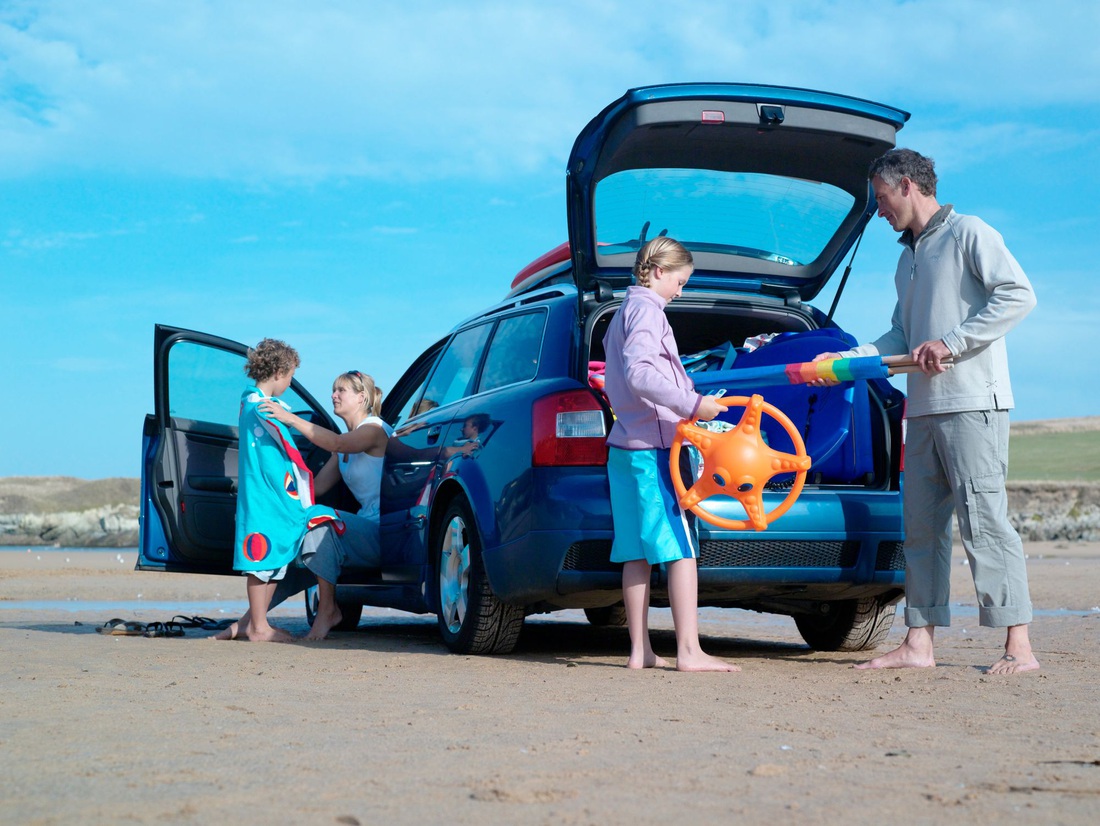
There are more things you shouldn't leave in your car than some people think - Photo: In Your Area
These days, many places are experiencing hot days, with temperatures reaching 40 degrees Celsius in some places. The temperature inside a car cabin can be twice as high due to the “greenhouse effect”. According to Driver Knowledge Tests, when it is 35 degrees Celsius outside, the inside of the car can be as hot as 65 degrees Celsius, and the steering wheel and dashboard can be even hotter.
According to GSF Car Parts, many people consider their cars to be a place to store everything they don’t want to carry. But in fact, this is very dangerous, even the most harmless items. Some things can explode, catch fire, or, at a lighter level, dirty the car.
Bottled water
GSF Car Parts recommends being careful when leaving bottled water in the car when it is hot. Anyone who has ever drunk bottled water left outside in the hot sun can feel the “different” taste. The main reason is that when the temperature increases, chemicals from the plastic bottle can seep into the water.
In addition, the transparent plastic bottle also acts like a glass reflecting sunlight, which can be enough to catch fire.
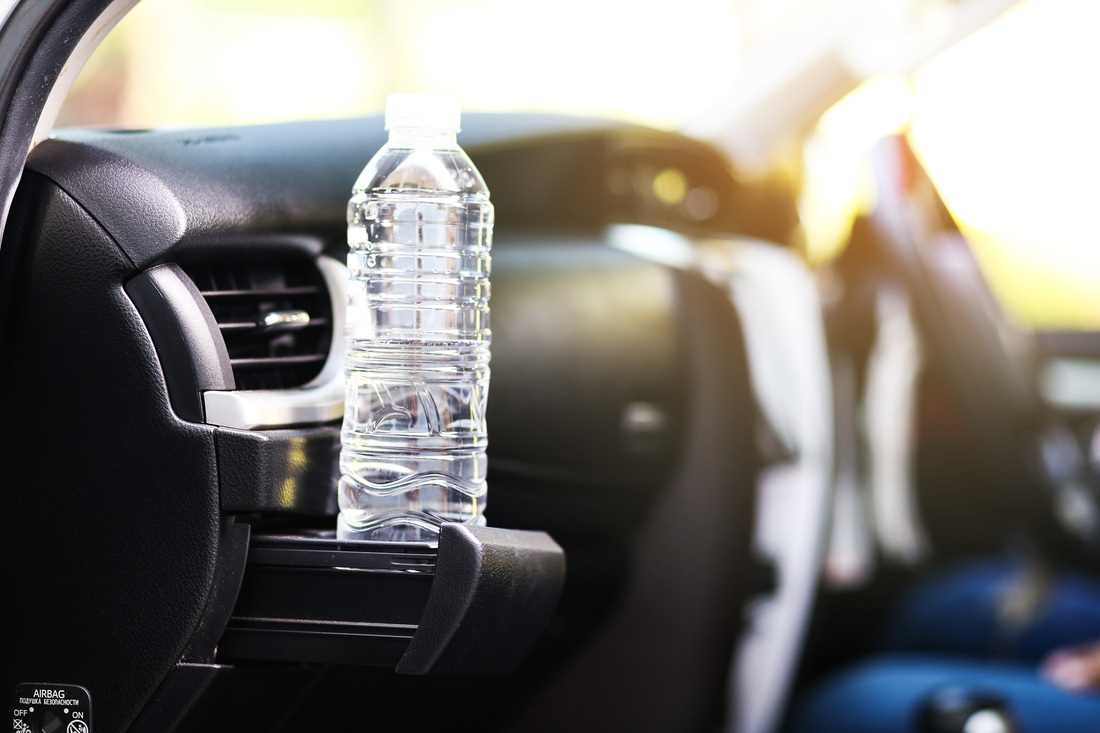
To be safe, it's best to keep water bottles in a bag, glove compartment, in the freezer if your car has one, or in recycled bottles that don't use plastic - Photo: GermanTech MotorWorks
Glasses
Many people know that they should not leave their glasses in the car when it is sunny, but people often forget that glasses are also glass. If they are left in the car for a long time, they will get hot, the frames may warp or worse, the sunlight can reflect and cause a fire in the car cabin.
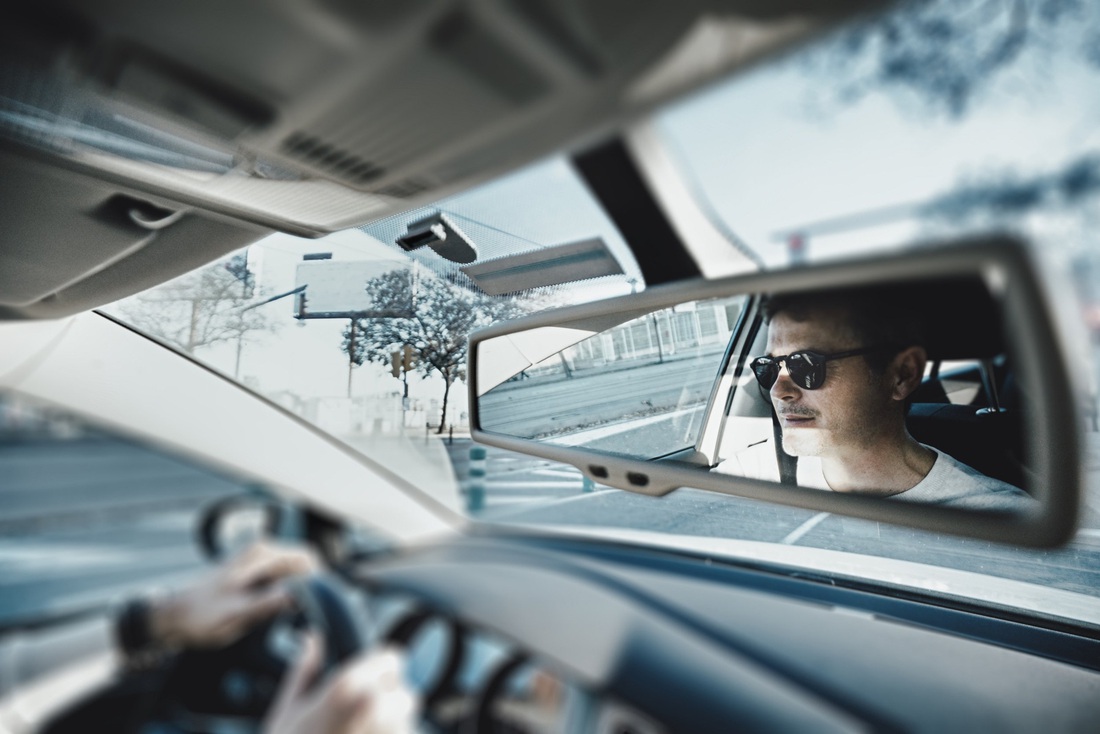
You should keep your glasses in a case or carry them with you - Photo: We Are Ellison
Keep your glasses in a case or carry them with you - Photo: We Are EllisonBeer, alcohol, hand sanitizer
Leaving alcohol in the car cabin not only creates a strange smell, but can also explode. This has happened in real life.
According to Edinburgh Live, a girl left a bottle of Prosecco in the cabin in the hot sun. When she opened the car door, she found the cabin messy with carbonated water splashed everywhere.
After that, she spent up to 2,258 pounds (66 million VND) to clean up and repair the damage.
The cause of the explosion is explained as the alcohol can change its composition when the temperature is above 25 degrees Celsius. At high temperatures, alcohol will turn into a liquid that tastes sour like vinegar.
When the chemical composition changes, the pressure increases, causing the can/bottle of alcohol to explode.
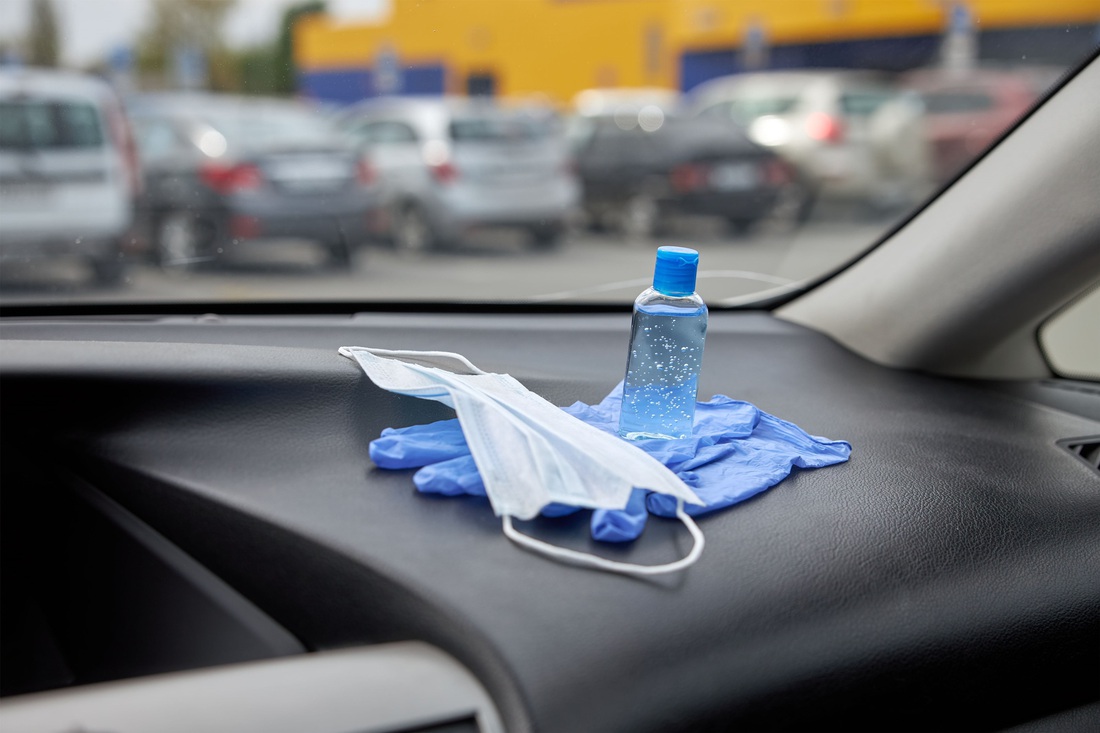
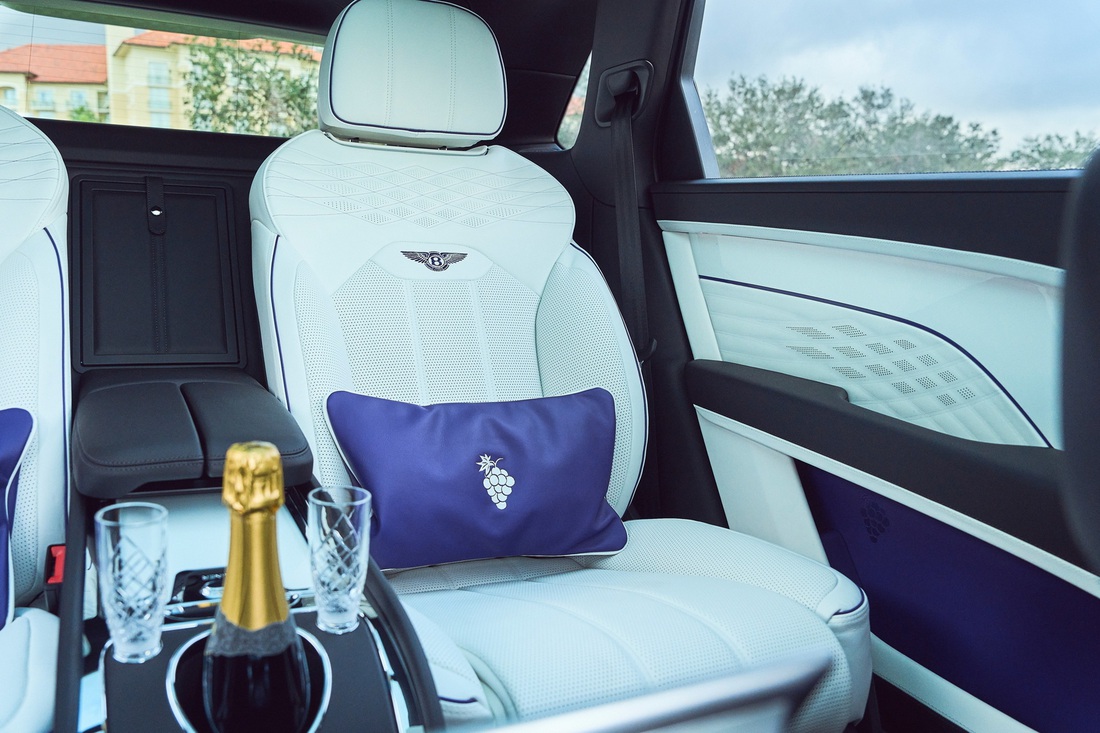
Do not leave beer, wine or alcoholic beverages in the car for long periods of time in hot weather - Illustration: Bentley, Go Mechanic
Hand sanitizer should not be left in the car cabin for the same reason. Because hand sanitizer often contains alcohol. Although the temperature must reach hundreds of degrees Celsius to cause an explosion, the reason alone can destroy the chemical components, reducing the effectiveness of the product is enough for people not to leave it in the car.
Batteries, power banks
Leaving batteries in the car is not only difficult to find due to their small size, but also dangerous. When exposed to high temperatures for a long time, batteries can crack, break and leak acid. That is why manufacturers often recommend not leaving batteries in high temperatures.
Even if there is no leak, the battery can be "damaged" due to high temperatures. Therefore, it is best to bring the battery inside.
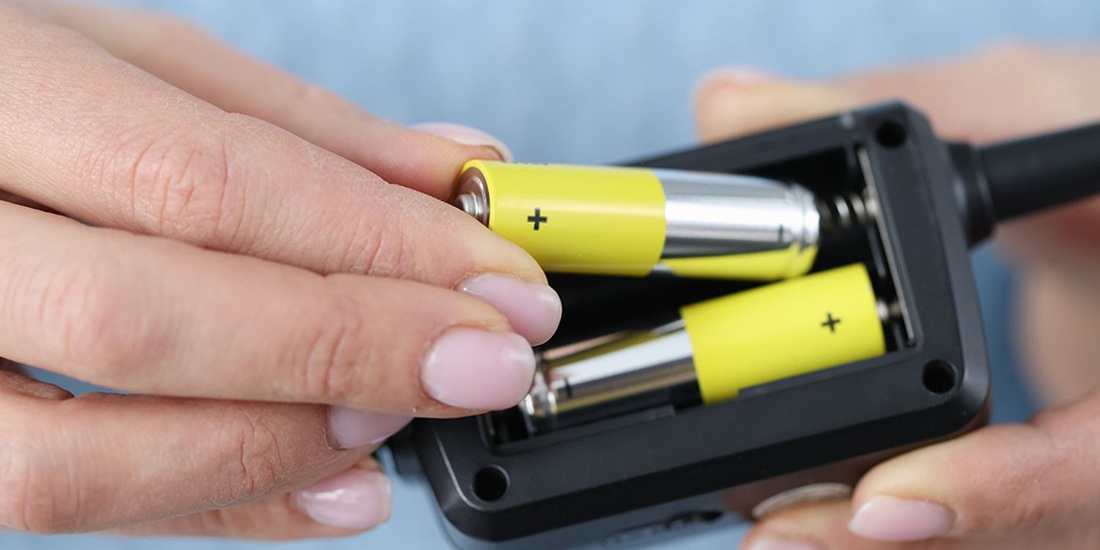
Heat can break down the battery structure and cause acid to leak. Battery acid is corrosive, not only is it dangerous to come into contact with the skin, but inhaling the vapors is also dangerous. If you discover a battery explosion in your car, clean it as soon as possible - Photo: Which
Heat can damage the battery structure and cause acid to leak. Battery acid is corrosive, not only is it dangerous to touch Electronic devices
Always remove your phone and other electronic devices from your car when you get out. Heat can damage the battery, melt plastic parts and cause the operating system to malfunction. by skin, and inhaling acid fumes is also dangerous. If you discover a battery explosion in your car, clean it as soon as possible - Photo: Which
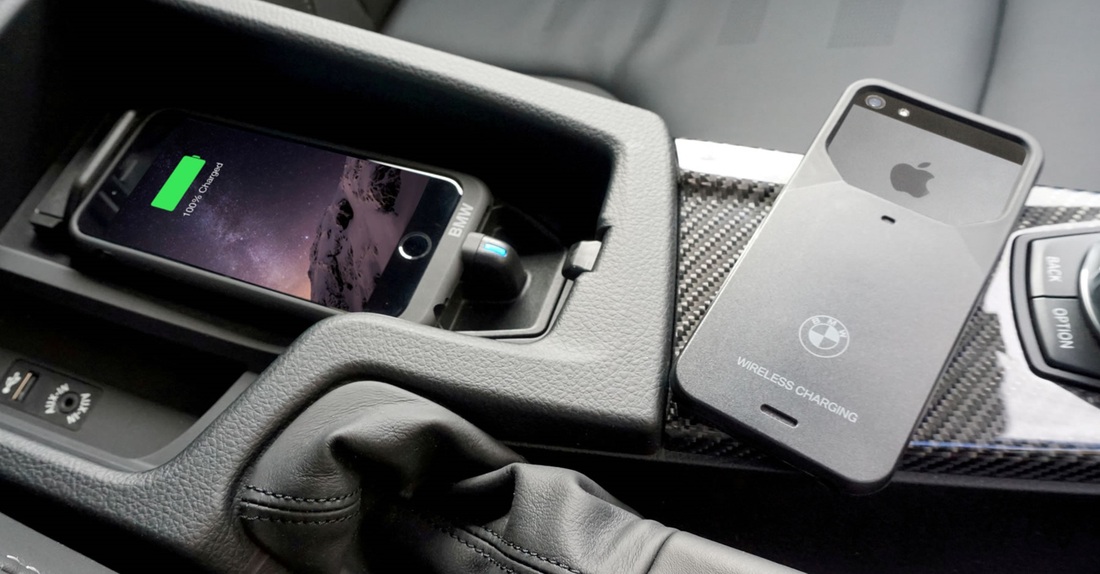
Many phones have a safe ambient temperature range. This varies from manufacturer to manufacturer. For example, the best temperature for Samsung phones to operate is between 0 and 35 degrees Celsius. Many phones will warn you when the temperature is too high. When you get the warning, move it to a shady place immediately - Photo: Aircharge
Sunscreen
Sunscreen is an indispensable item in the summer and is also very easy to leave in the car. But if left in the car cabin for too long, the sunscreen can develop a strange smell, and the cap of the tube can even come off.

High temperatures combined with sunlight easily break down UV-protective ingredients, causing a significant reduction in sunscreen effectiveness. This also happens when storing products at room temperature, but at a much slower rate. According to the Paula's Choice brand website, sunscreen will retain its quality better if stored in the refrigerator, especially in the summer - Photo: Rolling Stone
Medicines, food
Many medicines need to be stored at room temperature to maintain their full effectiveness. Therefore, leaving them in the car cabin, regardless of the weather, is not optimal as the effectiveness of the medicine may be reduced. Additionally, creams, waxes and ointments may melt.
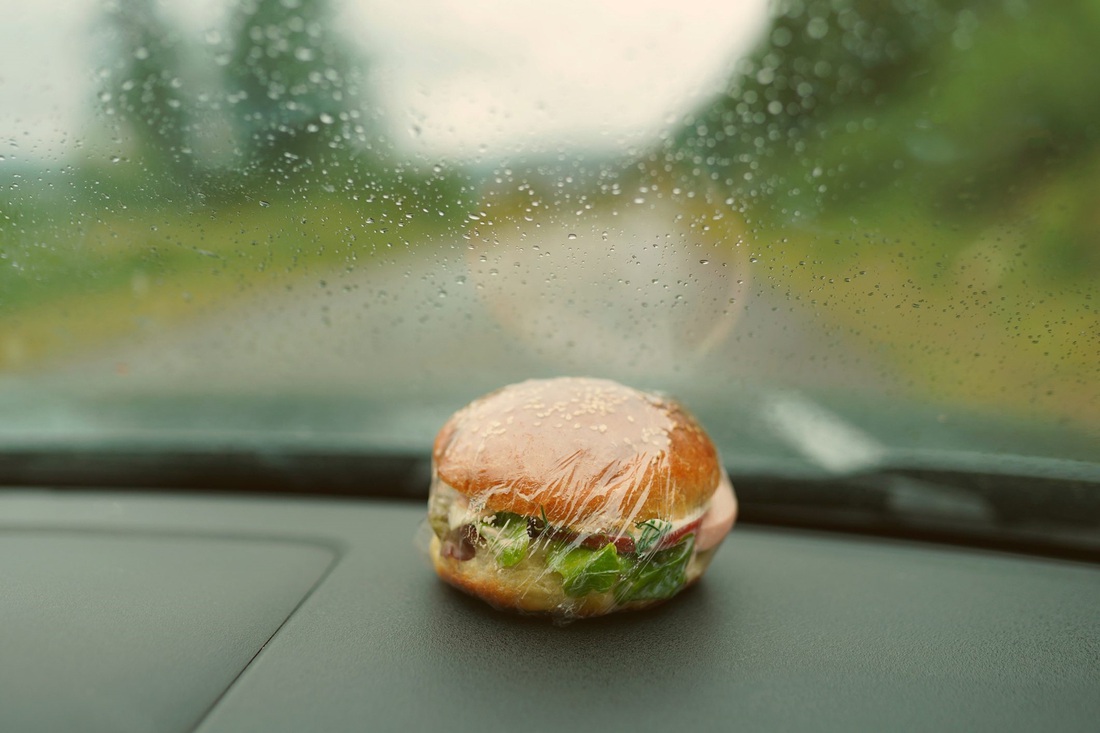
After purchasing the medicine, you should go home as soon as possible and of course do not leave it in the car. Similarly, food can quickly spoil when exposed to high temperatures, even if it is not frozen - Photo: RD
Lighter
Many experiments have shown that placing a lighter in direct sunlight can cause it to explode in just 12 minutes. Because the gas in the lighter is mainly liquid butane, which is flammable and explosive.
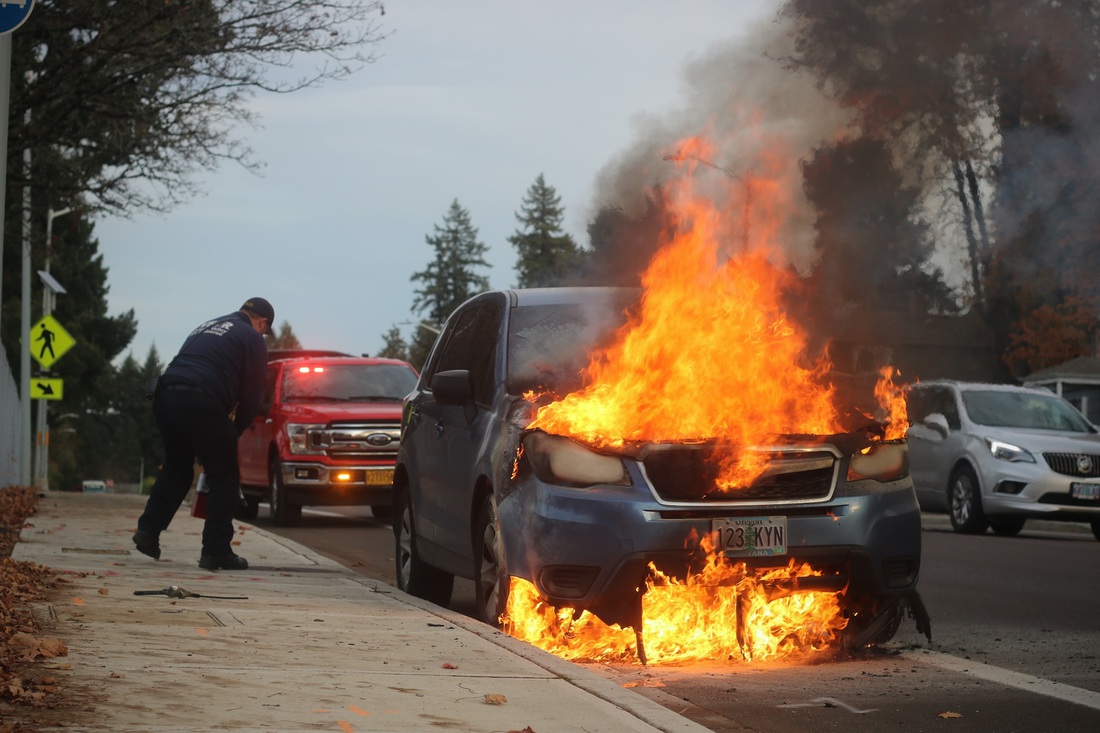
When the outdoor temperature is higher than 30°C, the temperature inside a car exposed to the sun can reach 50-60 degrees Celsius, making it very easy for a fire or explosion to occur - Illustration: Unsplash







